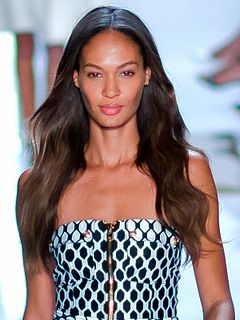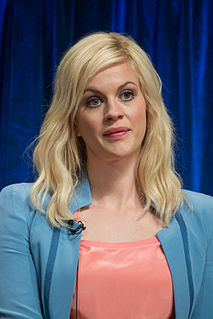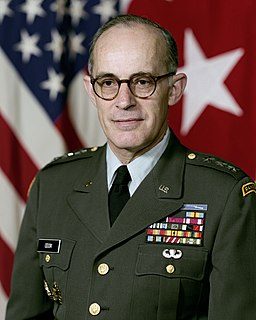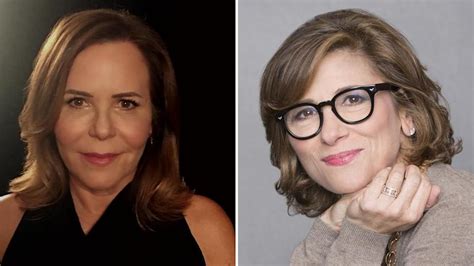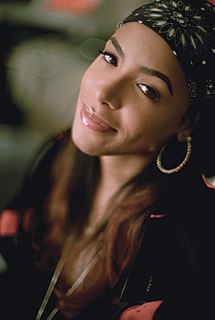A Quote by Zachary Quinto
I remember our conversations [with Zachary Quinto] always being frustrated that we weren't doing what we wanted to do, but also filled with the determination that we were going to overcome that.
Related Quotes
My dad was always such a frustrated artist. He always worked very hard to support his family, doing a bunch of ridiculous jobs. He wanted to be a painter, but then he also wrote science-fiction novels in his spare time. He was always so frustrated having to work to support the family that I was like, I'm never going to do that. I don't want to just be working a menial job to support my family and dreaming of being an artist. We learn from our fathers in that way.
There is always this interesting relationship we have with technology. When we invented writing Socrates used to say it was going to rot our brains because we were going to write everything down and not have to remember anything, and so it would atrophy our brains. So there has always been this human drive on the one hand to create tools, to create technologies to overcome our boundaries, but then there is always this reservation, and this fear that say these technologies are somehow unnatural and it is against nature to partake in them.
It just struck me as really odd that there were all of these conversations going on about what young women were up to. Were young women having too much sex? Were young women politically apathetic? Are young women socially engaged or not? And whenever these conversations were happening, they were mostly happening by older women and by older feminists. And maybe there would be a younger woman quoted every once in a while, but we weren't really a central part of that conversation. We weren't really being allowed to speak on our own behalf.
I was always fascinated by the Torah, the Bible, in terms of story telling: heroes and villains, morality and flaws. There's no better epic. Also, being part Latin and Jewish means I have a sense of the theatrical. There were always a lot of people in my house. My home was always filled with a lot of storytellers.





